This article originally appeared on VICE Greece.
Last weekend, in his first major speech since his country was released from its debt obligations, Greek prime minister Alexis Tsipras stepped up to the podium at the Thessaloniki International Fair (TIF) to declare an end to austerity.
Videos by VICE
For the past eight years, Greece has suffered through an unprecedented period of economic crisis. When the country realised it couldn’t manage its debt in 2011, the IMF, the European Commission and the European Central Bank stepped in to help, but only on the condition that Greece adopted a series of strict austerity measures – pension cuts, public sector layoffs – in exchange for four debt relief packages worth billions of euros.
The Greek government agreed. But ever since then, poverty and inequality have soared – fuelling hundreds of violent protests in opposition to the measures, the continued rise of the far-right and the removal of seven different prime ministers.
It’s not clear yet what an end to austerity will actually mean for the country. A majority of Greek people are convinced nothing will change and the country is still headed in the wrong direction. As the uncertainty grows, we decided to take a quick look back at the people, stories and moments that defined Greece’s financial crisis.
The beginning
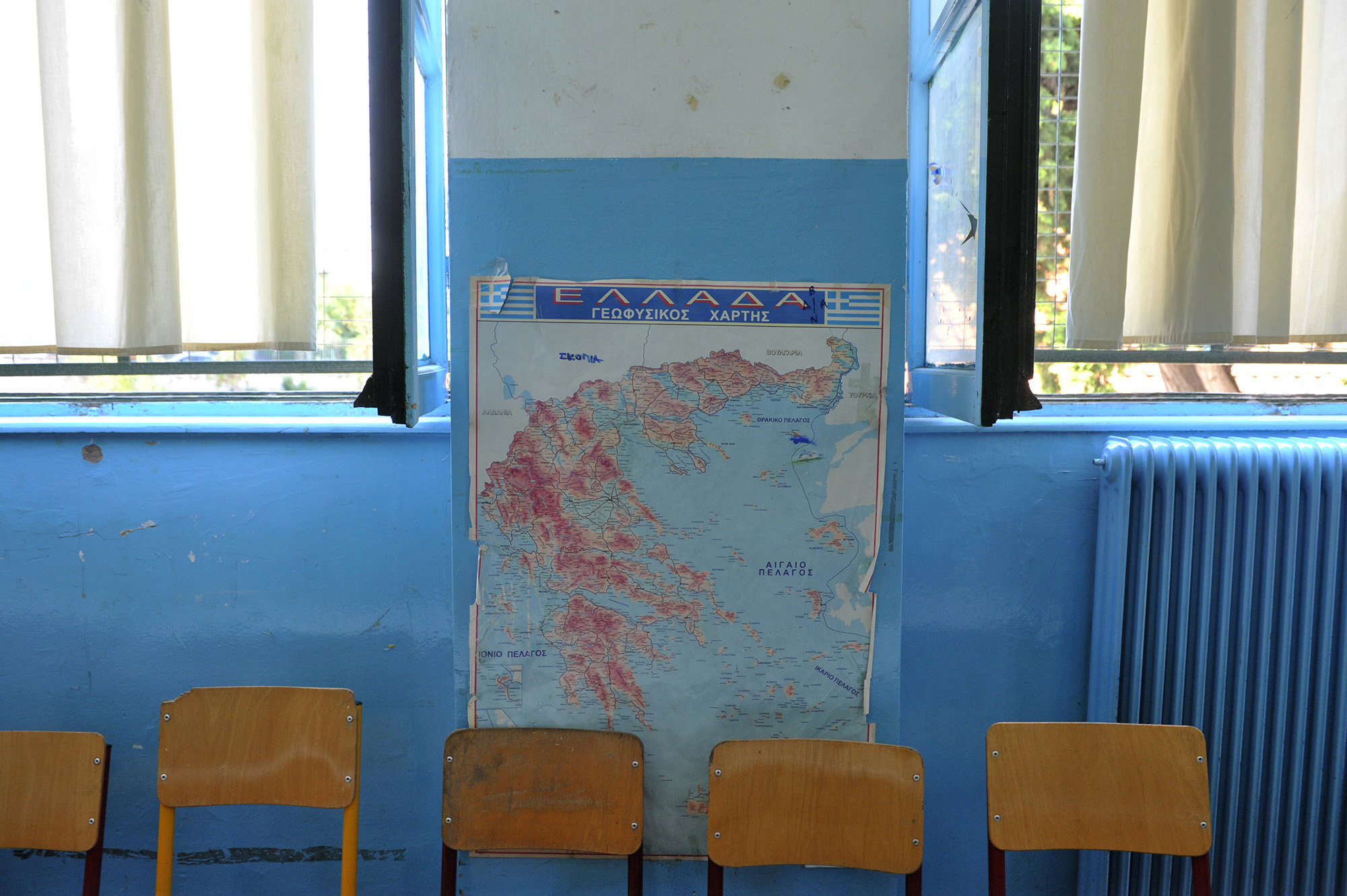
It was in 2009 that we first learned Greece’s borrowing costs had soared to a point where the national debt had became unsustainable. At the 2010 World Economic Forum in Davos, prime minister George Papandreou was put under immense pressure to take action. Three months later, on the 23rd of April, Papandreou announced the activation of the European Support Mechanism – the bailout provided by the International Monetary Fund (IMF), European Commission and the European Central Bank.
Nine days later, the first austerity measures were introduced. Among other things, public sector bonuses were abolished, the minimum wage was lowered and pensions cut. Three days after that, one of the biggest demonstrations since the fall of the military junta was held in Athens. Rioters threw molotov cocktails at a Marfin Bank branch, killing three employees.
The big bubble
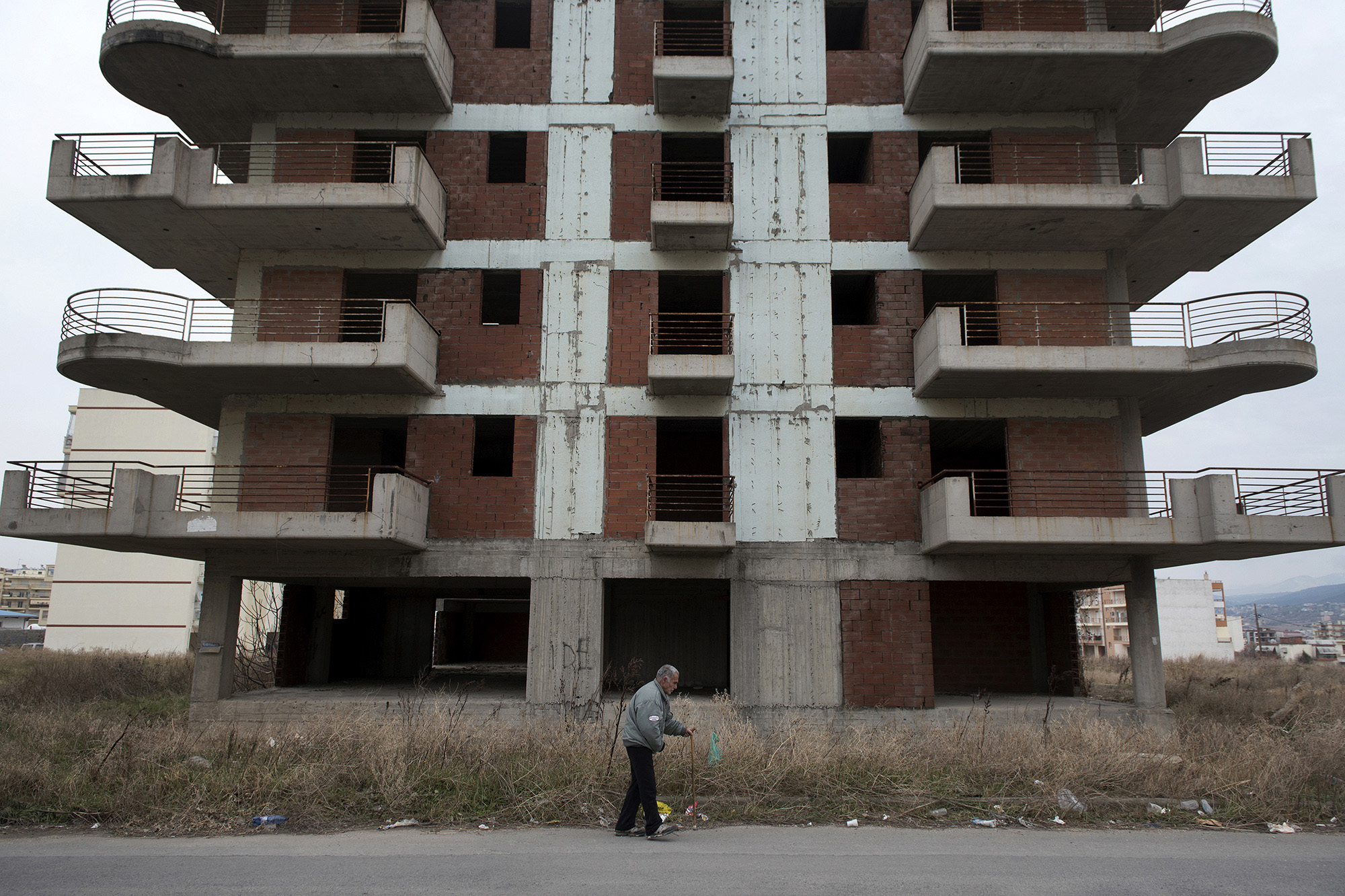
In Thessaloniki, hundreds of unfinished apartments and housing estates remain derelict. Many of them were abandoned mid-construction as the crisis worsened, as were road projects and a municipal aquatic centres. Since 2010, it’s estimated that 180,000 properties have been deserted as a result of the country’s housing bubble.
The numbers
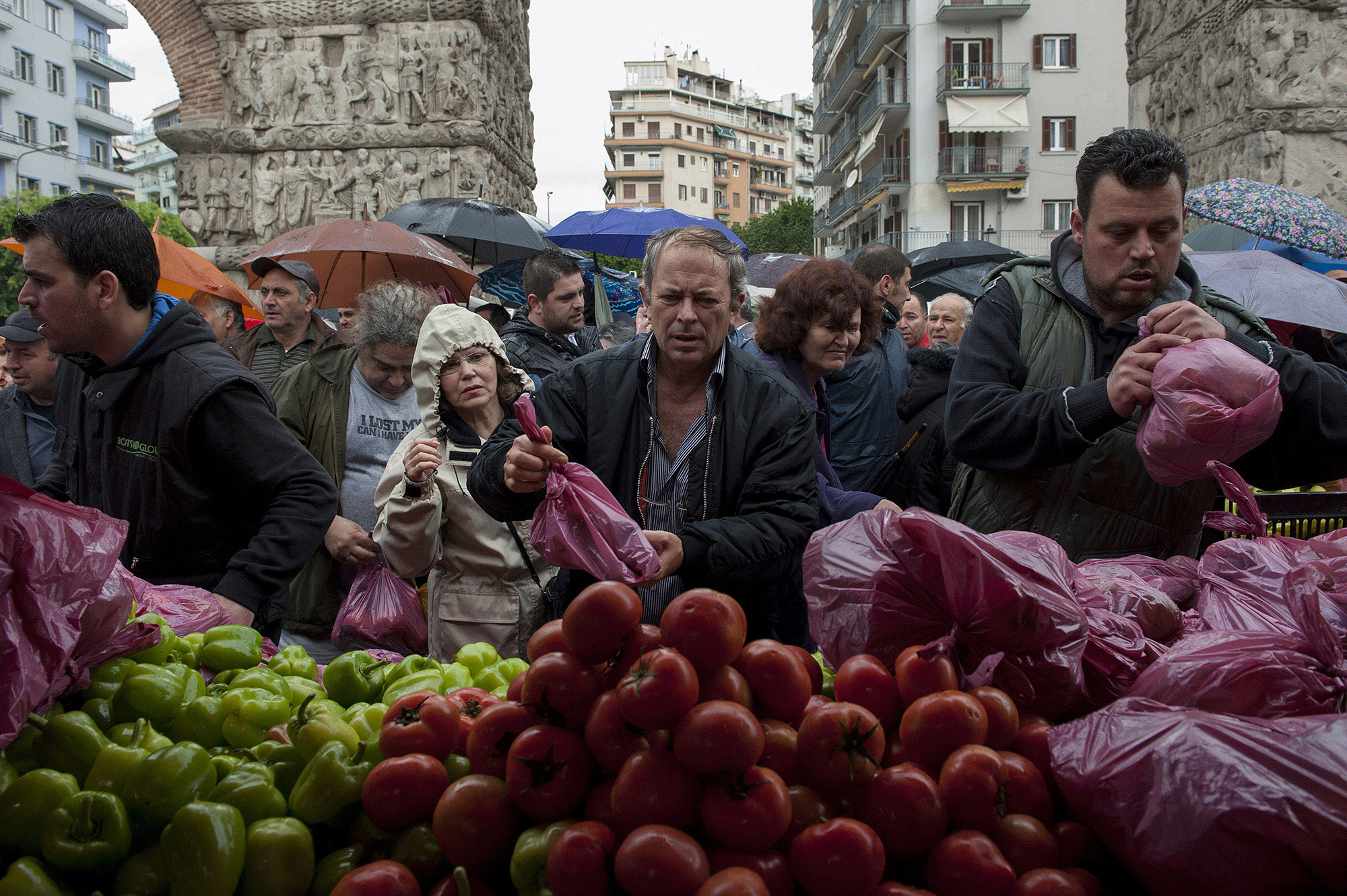
In 2010, free food distribution in squares and parks became the norm almost overnight, and not just for the homeless. The middle class suffered irreparable damage. Over the course of eight years, the Greek economy shrank by 25 percent, while the GDP dropped from €240 billion to €186 billion.
Reported income dropped 29 percent – from €104 billion in 2009 to €73 billion in 2018. Budget expenditure dropped from €71 billion to €55 billion, which roughly translates to €16 billion annually, through cuts in pay and pensions, and the loss of 120,000 public service jobs.
The long-term effects

An estimated 3,000 suicides and attempted suicides occurred during the crisis. According to the Hellenic Statistical Authority’s (ELSTAT) most recent official data, 529 suicides were recorded in 2015 compared to 377 in 2010. In April of 2012, pensioner Demetris Christoulas took his own life at Syntagma Square. “This is not suicide, it’s murder,” his suicide note read.
The homeless
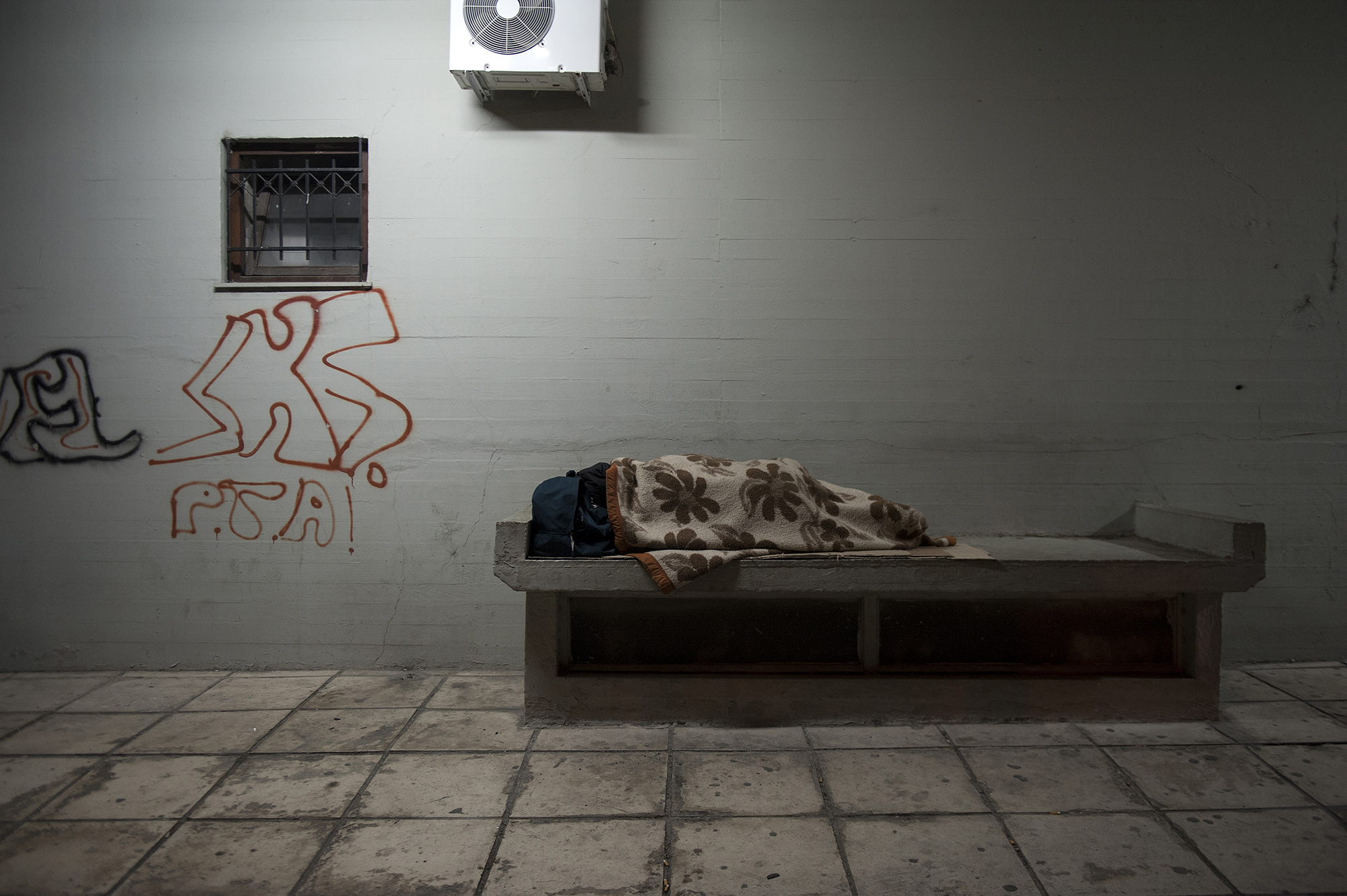
The homeless shelter on Thessaloniki’s Monastiriou Street was opened in May of 2014. With the help of a large team of social workers, its aim is to help reintegrate people back into society by offering advice on a wide range of issues – from employment opportunities and legal issues, to filling out simple forms or booking a doctor’s appointment. At the centre, people can take showers and use washing machines, and also have access to primary health care. Since its inception, the centre has welcomed thousands of people.
Not far away, near the Thessaloniki train station, hundreds of people line up patiently every day, 30 minutes before the Agion Panton soup kitchen opens at 11.
“398 people are registered with the church’s soup kitchen, but we have at least 50 to a hundred unregistered people who come here on a daily basis that we have to find a way of providing for,” says Vaso Kalamboki, one of the organisers of the kitchen. The Agion Panton kitchen has been open for 40 years now. For much of that time, they mainly catered for vulnerable groups – immigrants, addicts. Today, Kalamboki tells me, the line is filled with bankrupt entrepreneurs and former bankers.
Evangelos Venizelos
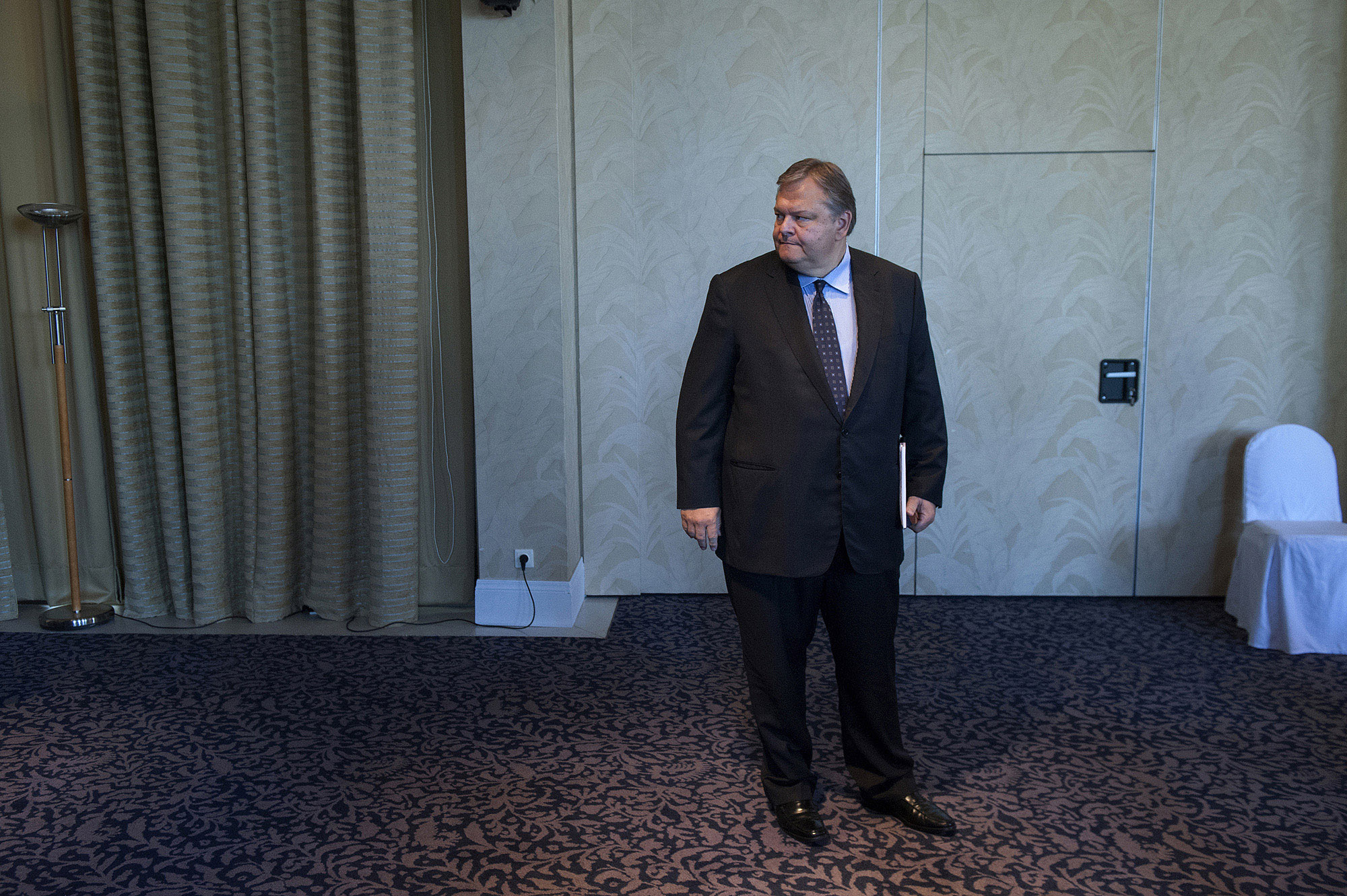
Evangelos Venizelos, finance minister from 2011 to 2012, signed the deals that introduced austerity, such as imposing the unified property ownership tax (ENFIA) and also suggesting a nominal reduction in the public debt held by individuals.
Corruption

Former mayor Vasilis Papageorgopoulos’ portrait hangs upside down next to his predecessors’ on the wall of Thessaloniki’s Town Hall. In February of 2013, Papageorgopoulos was sentenced to life in prison for his part in embezzling €18 million worth of municipal funds. His corruption case was one of the most prominent convictions that surfaced during the crisis. The mayor’s sentence was later reduced to 12 years in prison by the Court of Appeal. He was released in the summer of 2015 for medical reasons.
Golden Dawn
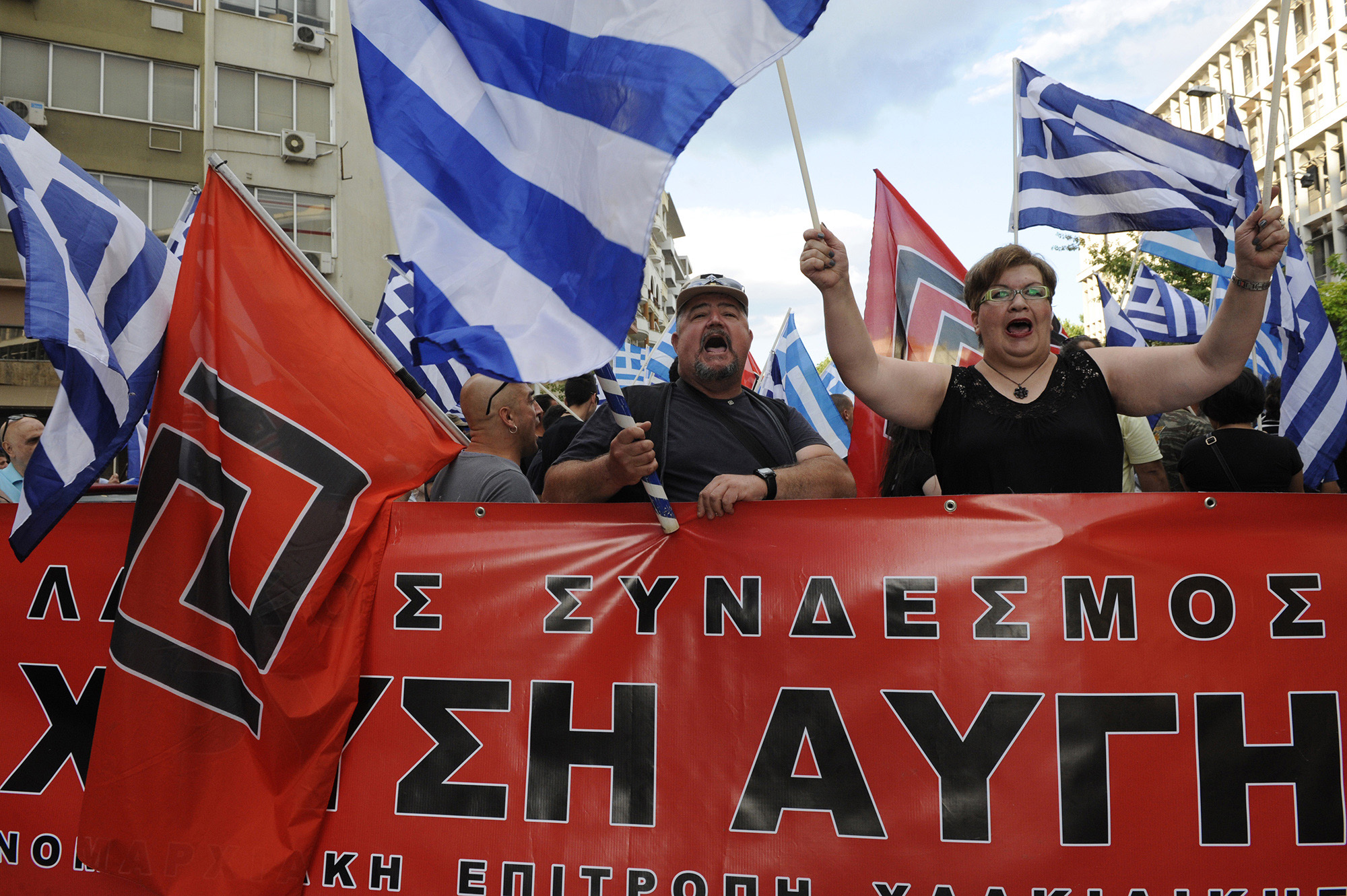
The neo-Nazi organisation was nothing new to Greek society, but they took advantage of the social and political upheaval to gain a fresh following – even winning a seat in parliament during the double elections of 2012. That only emboldened the far-right group, with their campaign of violence against minority groups, especially migrants, only getting worse in recent years.
11,045 Protests

Protestors paint over the walls of the Chamber of Commerce. Thessaloniki. May, 2017.
In the first six years of the crisis alone, a total of 11,045 protests took place in Athens, mostly against austerity.
The left in power
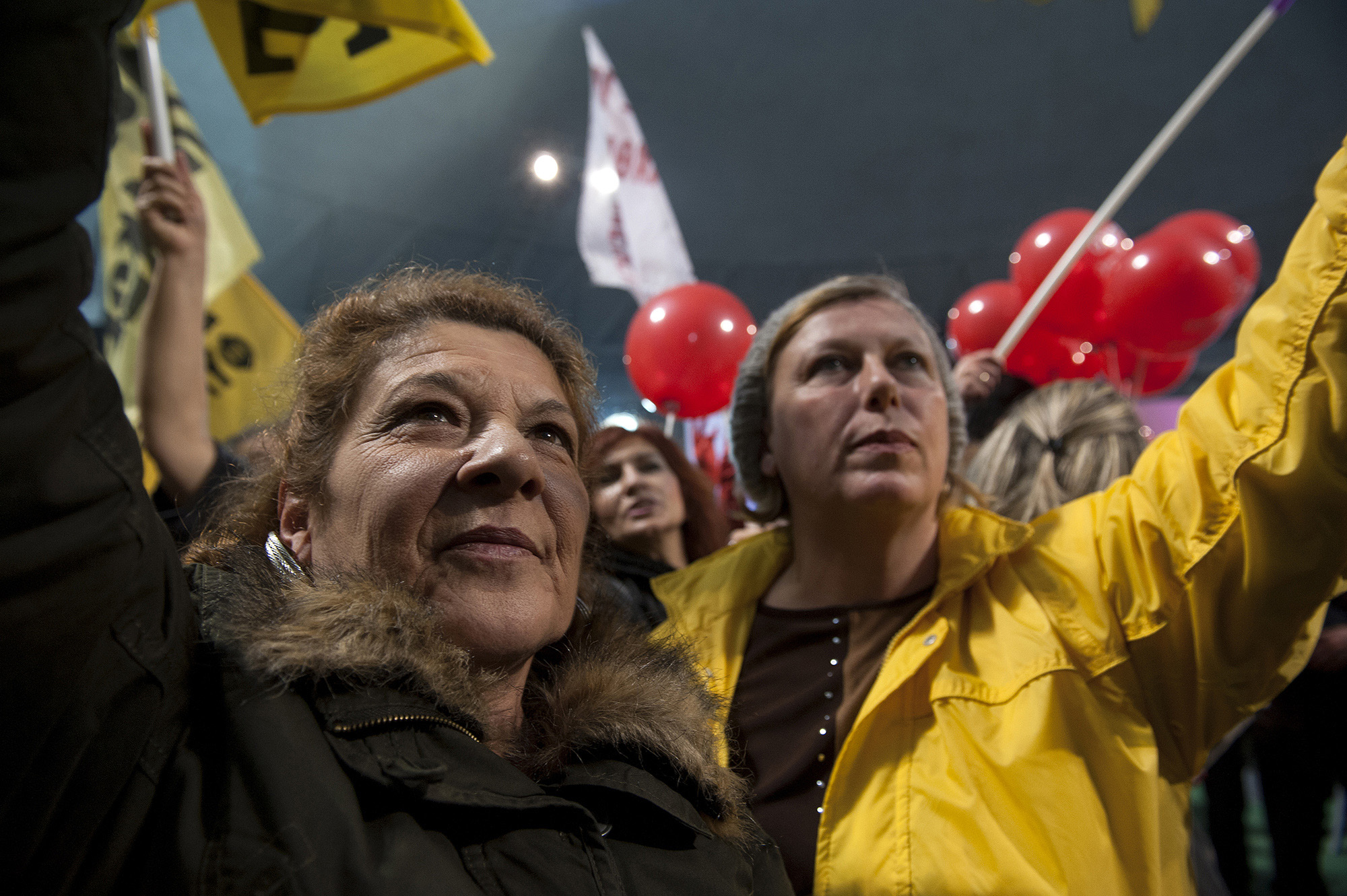
A few days before the end of 2014, prime minister Antonis Samaras called for snap elections, to be held on the 25th of January, 2015. The left-leaning SYRIZA party, led by Alexis Tsipras, were the overall winners. But unable to form a majority in parliament, Tsipras formed a coalition government with Panos Kammenos’ Independent Greeks (ANEL). Conservative groups hated the SYRIZA-ANEL partnership from the beginning, partly because the government was willing to break from traditions, such as asking MPs to take a civil oath, rather than a religious one.
The referendum

On the 28th of June, 2015, after six months of negotiations, Alexis Tsipras called for a referendum to decide whether Greece was to accept the latest bailout conditions, proposed a few days earlier.
The referendum – the first in modern Greek history to concern a financial issue – was held on the 5th of July, in an extremely polarised climate. The bailout conditions were rejected, with 61 percent of the electorate voting against the measure.
The SYRIZA government eventually reached an agreement with its creditors a few weeks later, in the form of a third memorandum. This subsequently caused the disintegration of the SYRIZA party. A total of 25 rebel MPs, headed by Panagiotis Lafazanis, broke away to form the People’s Unity party. Another general election was called in September of 2015, with SYRIZA emerging yet again as the winners, forming another coalition government with ANEL.
Capital controls
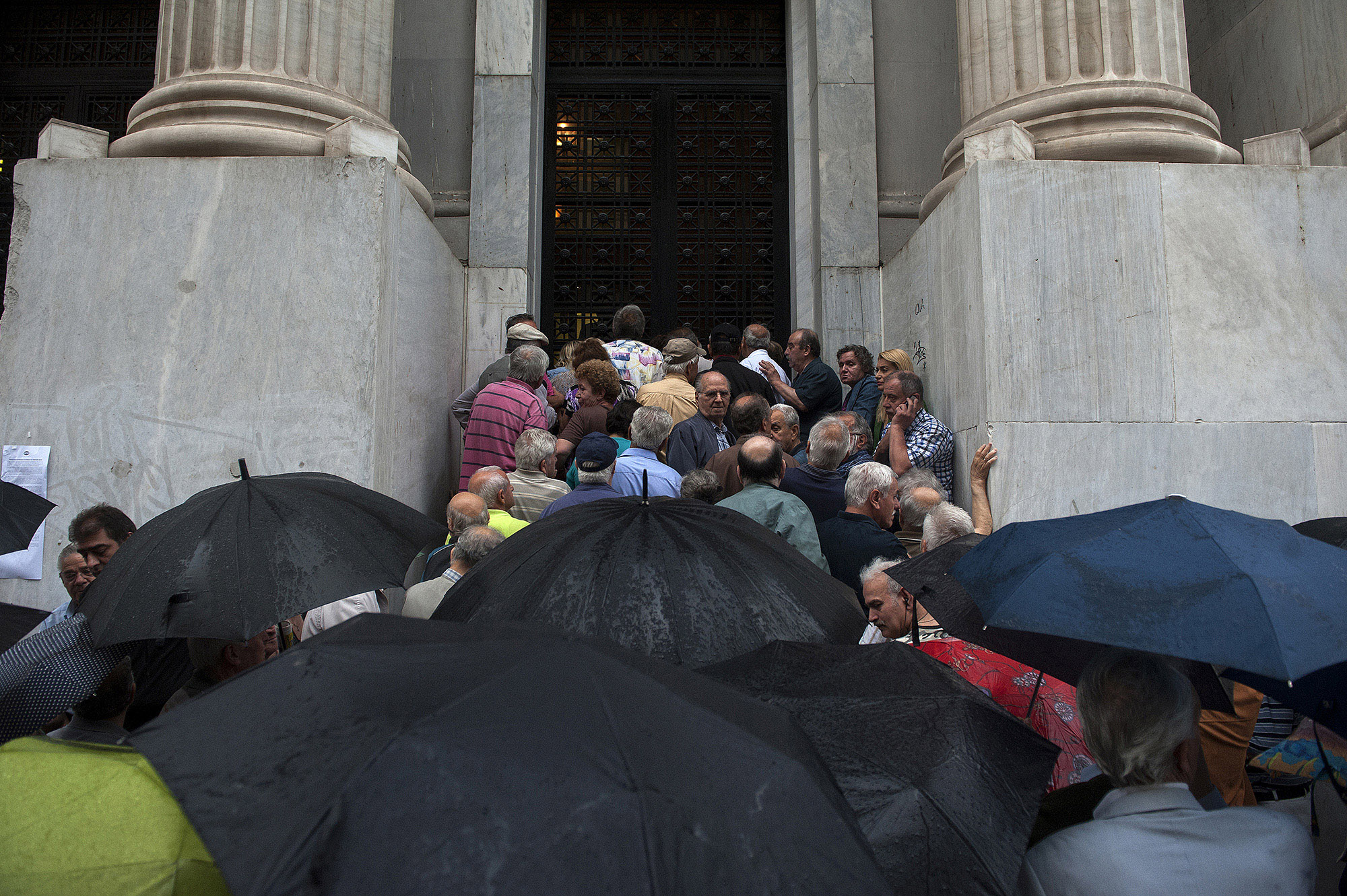
During the referendum period, and fearing a run on the banks, the government introduced measures that limited bank withdrawals, permitting only €60 per day. In the panic that followed, never-ending queues formed outside banks, with employees requiring police escorts just to leave the building.
Gloating football fans

In February of 2017, about 1,500 Schalke fans from Germany travelled to Thessaloniki to watch their side take on local PAOK in the Europa League. The match ended painfully for the home team, with a 3-0 defeat. Equally painful, however, was the way the Schalke fans celebrated their goals, by waving €50 notes at the Greek fans.
Never-ending austerity

After all this, is austerity really over? As last week’s poll by the General Confederation of Greek Workers (GSEE) found, 89 percent of respondents believe austerity policies will continue, as a result of existing agreements.
However, even though 67 percent of people think Greece is heading in the wrong direction, there is some cause for optimism: 27 percent of the country think we’re on the right course – a five-point bump up from last year.




